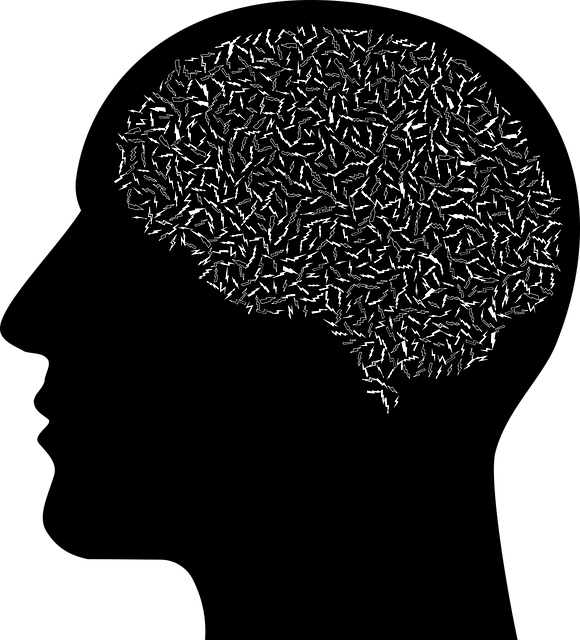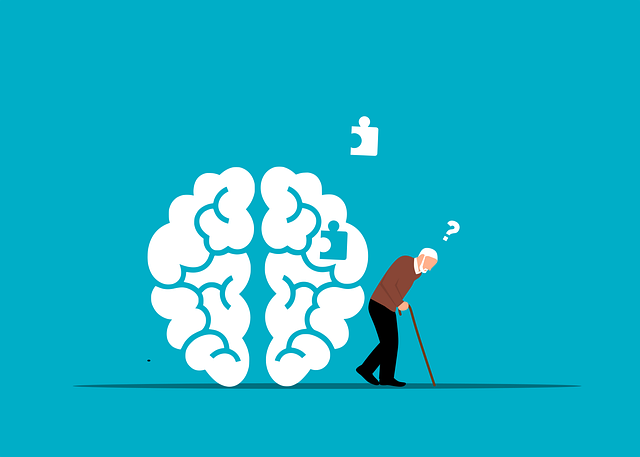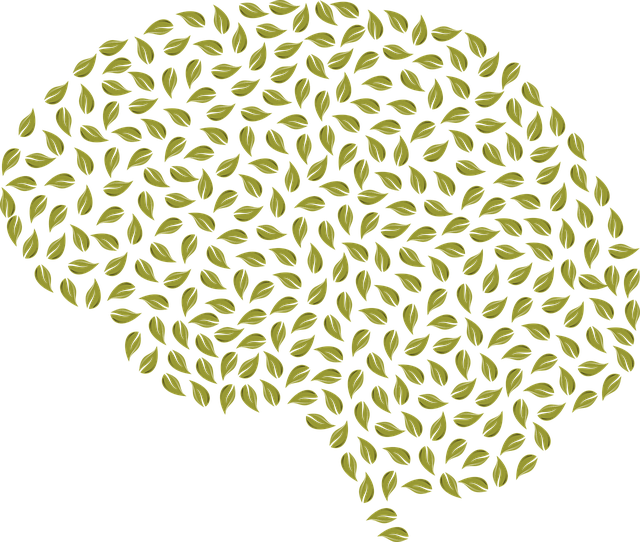Conduct Disorder (CD) is a behavioral and emotional issue often leading to substance abuse, highlighting the need for comprehensive prevention and treatment. Effective therapy for adults with CD includes Cognitive Behavioral Therapy (CBT), addressing negative thought patterns and boosting self-control through Mind Over Matter principles. Lifestyle changes, group therapy, and specialized support services are crucial for long-term recovery. Therapy for Adults Conduct Disorder equips individuals with emotional intelligence, coping skills, and resilience to manage risks and achieve sustained sobriety.
Substance abuse is a complex issue often rooted in underlying conditions like Conduct Disorder. This article explores comprehensive risk reduction strategies for adults struggling with substance abuse, with a specific focus on therapeutic approaches targeting Conduct Disorder. We delve into evidence-based treatments, lifestyle modifications, and the power of community support to foster long-term recovery. By understanding the connection between Conduct Disorder and substance misuse, we can provide more effective help for those seeking to break free from addiction’s grasp.
- Understanding Conduct Disorder and Its Link to Substance Abuse
- Therapeutic Approaches for Effective Risk Reduction
- Lifestyle Changes and Coping Strategies
- Support Systems and Community Engagement for Long-Term Recovery
Understanding Conduct Disorder and Its Link to Substance Abuse

Conduct Disorder (CD) is a behavioral and emotional disorder characterized by aggressive behavior, frequent arguments with authority figures, and chronic noncompliance with rules. It often develops during childhood or adolescence and can significantly increase the risk of substance abuse later in life. Understanding the complex interplay between CD and substance abuse is crucial for effective prevention and treatment strategies.
Individuals with Conduct Disorder may turn to substances as a means of self-medication to cope with their challenging behaviors, low self-esteem, and difficulties in social interactions. Self-awareness exercises and improvement in self-esteem can be vital components of therapy for adults with CD, addressing the underlying emotional issues that contribute to substance abuse. Moreover, healthcare provider cultural competency training is essential to ensure that individuals from diverse backgrounds receive tailored support, as cultural factors can influence both the manifestation and treatment of Conduct Disorder and substance abuse.
Therapeutic Approaches for Effective Risk Reduction

Therapeutic approaches play a pivotal role in effective risk reduction for substance abuse. For adults with conduct disorder, specific therapy types have proven beneficial. Cognitive Behavioral Therapy (CBT) targets maladaptive thought patterns and behaviors, empowering individuals to challenge negative thoughts and replace them with healthier alternatives. This approach equips clients with coping skills to manage impulses and make better choices regarding substance use.
Integrating Mind Over Matter principles within therapy further strengthens risk reduction strategies. By fostering a mindset that promotes self-control and resilience, individuals gain the mental fortitude to resist substance abuse triggers. Additionally, Depression Prevention techniques are integrated into the therapeutic process, addressing co-occurring depressive symptoms that often accompany conduct disorder. Through these comprehensive approaches, individuals develop effective coping skills, enhance their decision-making abilities, and reduce the likelihood of engaging in harmful substance use behaviors.
Lifestyle Changes and Coping Strategies

Lifestyle changes and coping strategies play a pivotal role in risk reduction for substance abuse. This involves adopting healthier habits like regular exercise, balanced nutrition, and sufficient sleep, which can help regulate mood and manage cravings. Additionally, developing effective coping mechanisms such as mindfulness practices, stress management techniques, and engaging in hobbies or social activities can reduce the urge to turn to substances.
For individuals with conduct disorders, therapy for adults can be a powerful tool. Enhancing emotional intelligence and learning self-regulatory skills are key components of risk management planning for mental health professionals. By addressing underlying issues through therapy, individuals gain better insight into their triggers and develop healthier ways to cope. This, in turn, can prevent relapse and promote overall well-being, especially when combined with burnout prevention strategies for healthcare providers to maintain long-term recovery.
Support Systems and Community Engagement for Long-Term Recovery

Building a robust support system is pivotal for long-term recovery from substance abuse. For adults with conduct disorders, engaging with supportive communities and accessing specialized therapy can significantly enhance their journey towards healing. Group therapy sessions provide a safe space to connect with peers facing similar challenges, fostering a sense of belonging and understanding. This community engagement not only offers emotional support but also helps individuals develop healthy coping mechanisms and build resilience against relapse.
Additionally, Trauma Support Services and Mental Wellness Coaching Programs play a crucial role in addressing the underlying causes of substance abuse, such as conduct disorders. These programs cater to the development of mental wellness by focusing on trauma healing, burnout prevention, and personalized coaching. By integrating these support services into recovery plans, individuals can holistically address their psychological needs, promoting sustained sobriety and improved overall well-being.
In addressing substance abuse, a multifaceted approach is essential. By understanding the deep-seated links between Conduct Disorder and drug misuse, and implementing therapeutic strategies tailored for adults with Conduct Disorder, significant risk reduction can be achieved. Integrating lifestyle changes, coping mechanisms, and robust support systems, including community engagement, fosters long-term recovery. These comprehensive measures not only mitigate risks but also empower individuals to lead fulfilling lives free from substance abuse. For those seeking help, therapy for adults with Conduct Disorder offers a promising path towards healing and personal growth.














